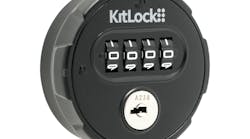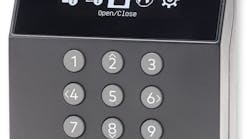A well-meaning Illinois politician has introduced a new locksmith bill HB3091 in the Illinois general assembly. The bill states that when a locksmith commences work involving keying, rekeying, installation, repair, opening or modification of locks for compensation that exceeds $100, the locksmith must provide the consumer with a written estimate with the total cost of labor, parts, fees, estimates, service calls, diagnostics, disassembly, reassembly and all charges to complete the service. If any work procedure listed above causes the bill to be more than 10 percent higher than the original estimate, the consumer must agree to the increase in writing before the work commences. The bill does stipulate that it is primarily referring to consumer services for personal, family or household use.
Illinois already requires locksmith businesses to have a license number. Under the HB3091 bill, a locksmith must now provide the license number, the legal name, the business address at which their locksmith business is conducted, and the name and license number or registration number of the locksmith performing the work. All this information must be printed on the estimate.
Obviously this bill is in response to the overcharging, quasi-locksmiths who have invaded our ranks in the last few years. However, the 2011 national average price list on page 48 of our December, 2011 issue shows an average service call to be $66. This is only the cost of getting a service technician to the job site. Add change combinations or other labor costs at a job and the bill can easily top $100. Locksmiths must keep records of every estimate for a two-year period. The cost of protecting locksmith integrity will suddenly become more complicated for Illinois locksmiths at almost every job site.
While requirements according to HB3091 are very clear as far as what each locksmith must do before performing any locksmith services, the bill is less clear about the consequences for violating the directives. One short line states, "A violation of this section constitutes an unlawful practice within the meaning of this Act." Apparently a consumer who believes he or she has been overcharged can take the accused locksmith to court. Even if they have done nothing wrong, legitimate Illinois locksmiths could find themselves spending time in court in the future.
The cost of protecting locksmith integrity has suddenly become an added burden for every Illinois locksmith at almost every job site. Locksmiths power to bring them before the bench for any frivilous reason. Just another burden added to the cost of doing business.





